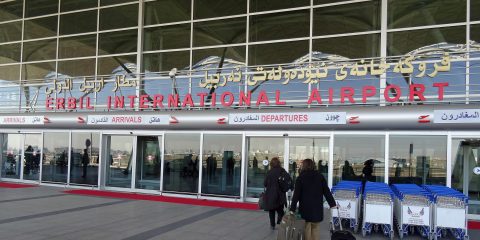Nobody wants us: The plight of displaced female-headed families in Iraq
Amnesty International and other organizations have continuously documented the collective punishment of displaced families, especially female-headed families. Many are perceived as supporters of the Islamic State armed group (IS) due to factors outside their control - such as being related, however distantly, to men who were somehow involved with IS - and are ostracized by the rest […]Razaw Salihy writes for Amnesty International:
Amnesty International and other organizations have continuously documented the collective punishment of displaced families, especially female-headed families. Many are perceived as supporters of the Islamic State armed group (IS) due to factors outside their control - such as being related, however distantly, to men who were somehow involved with IS - and are ostracized by the rest of society. Such families have reported being forcibly displaced, evicted, arrested, had their homes demolished or looted or faced threats, sexual abuse and harassment, and discrimination after returning to their places of origin.
Today, left in the camps, they continue to face obstacles in accessing identity cards and other official documents. Without these, women are unable to work, move freely or inherit property or pensions, and their children are often unable to attend school or obtain medical care and are at risk of becoming stateless.





